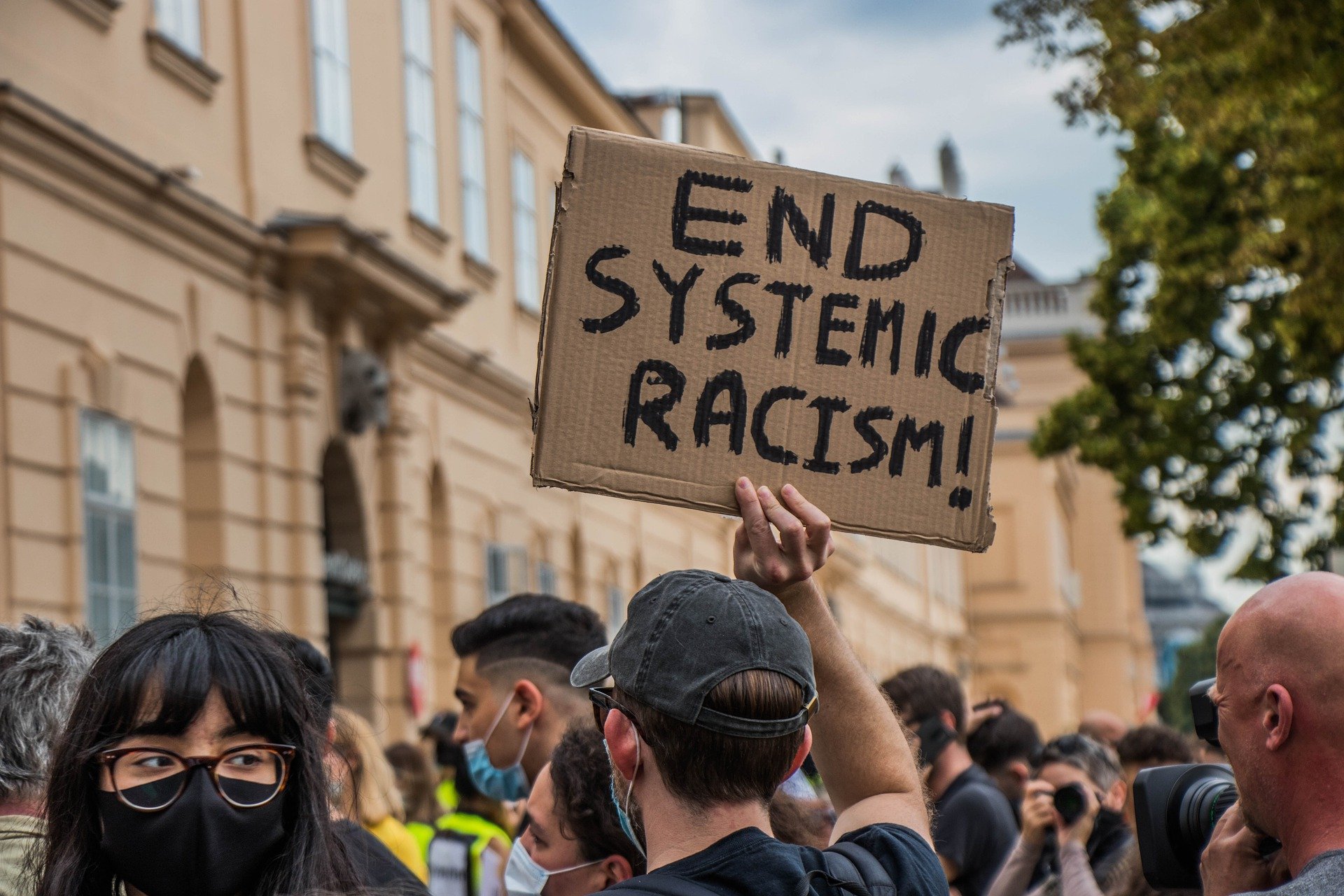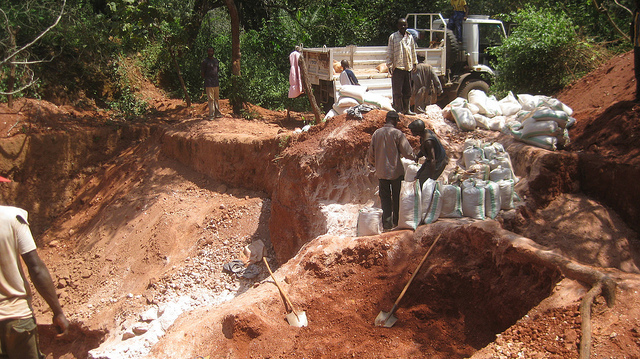The global environmental crisis is a fact. The urgent need for sustainable solutions to stop environmental damage is more pressing and ubiquitous than ever, and it’s clear that these solutions need to consider both social and environmental justice. While in theory there is a large societal consensus that action is needed within this decade, opinions vary as to what kind of changes are needed, and how to achieve them. In this context, research on ‘degrowth’ or ‘postgrowth’ plays an important role in various research fields and social movements, and forms the basis of a dynamic discussion about the potential and limits to growth.
While advocates of economic growth argue that the solution lies in technological innovation and market mechanisms and that without further growth there is no development and wealth, critics warn that ‘green growth’ is a narrative that is used to displace socio-ecological costs elsewhere, while technology is neither able to repair existent damages and lost resources nor to make people live happier and healthier lives. Degrowth ideas and practices demand to be sustainable both socially and environmentally.
Engaging with contemporary interdisciplinary research on ‘post-growth-societies’, Istituto Svizzero seeks to feature a debate on ‘the limits to growth’. This was the title of a report published by the Think Tank Club of Rome in 1972. In the context of the first environmental movement in the 1970ies it provoked a debate that is seeing a revival in recent academic fields and social movements. What does it take to transform our societies to achieve a more just distribution of resources and more resilient systems, today and for future generations? How can we imagine a good life beyond growth?
In collaboration with the University of Lausanne, the University of Ferrara and Harvard University.
Organizing board:
Dr. Maria Böhmer
Prof. Christian Arnsperger
Prof. Viviana Asara
Dr. Viktoria Cologna (SNSF postdoc mobility grant)
More information on the website. Possibility to attend in person or online.

We, organizers and participants at the Degrowth Vienna 2020 conference demand equity and justice. We stand in solidarity with the people in the United States challenging white supremacist culture and with related global struggles. As activists, academics, artists, and practitioners we aim together to put an end to systemic oppression and structural racism; as again has been recently revealed by...

How migration relates to the imperial mode of living, degrowth and new internationalism We are currently facing the most severe migration crisis in history. But this is only one dimension of a broader civilizational crisis. Thus, anti-racist movements should not focus solely on issues of human mobility rights, but also build new paths of solidarity with societies in the geopolitical Global Sou...
The workshop “How to sell degrowth: Business models II” was a short paper session following the scientific paper session “How to sell degrowth: Business models I”. Gabriel Trettel Silva as the first presenter rose the question of whether or not profit-making is compatible with the principles of a steady-state economy. His own conclusion was that it [...]